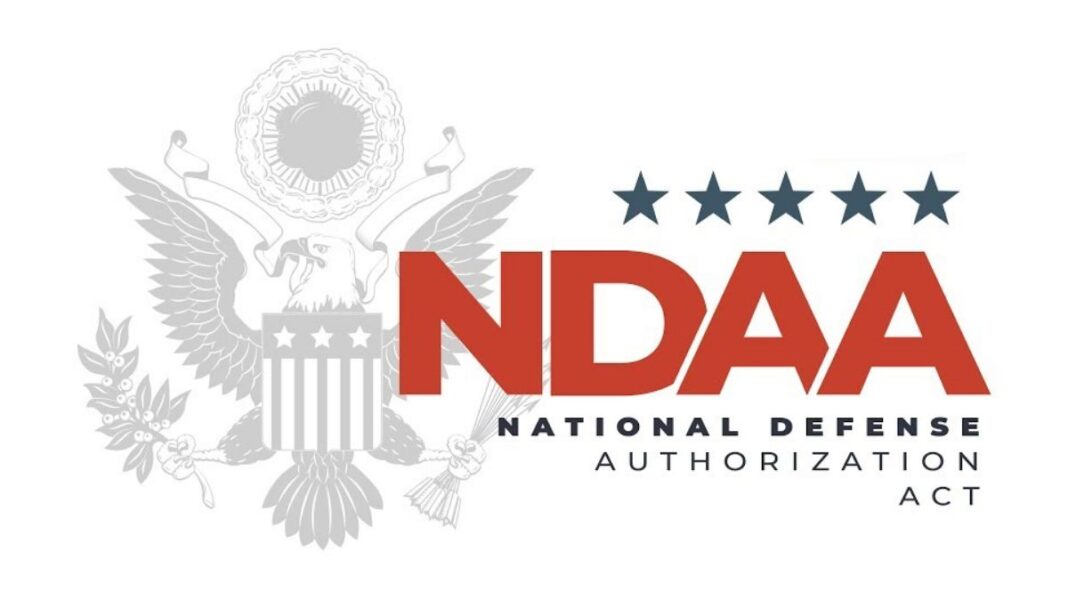SUMMARY
The National Defense Authorization Act for FY 2022 and the defense appropriations bill should keep the U.S. Armed Forces focused on the challenges of great-power competition. The new Administration has indicated that this focus is appropriate and ought to continue. The best way forward for the country and for the military is to build on the bipartisan consensus on the challenges posed by China and Russia and properly prepare for those. Heritage Foundation analysts provide 56 specific recommendations for how Congress can strengthen the national defense through the new legislation.
KEY TAKEAWAYS
- The NDAA and defense appropriations bill shape the national defense and serve as pivotal guides for the direction of the military in the coming year.
- The military is facing challenges in preparing to meet the requirements of the National Defense Strategy. Congress should provide resources to meet these needs.
- In crafting these bills, policymakers should look to the Index of U.S. Military Strength as a guidepost and indicator of the health and needs of the military.
The National Defense Authorization Act (NDAA) has been a significant element of congressional legislation for the past six decades, having become law every year since 1962.1
Brendan W. McGarry and Valerie Heitshusen, “Defense Primer: The NDAA Process,” Congressional Research Service In Focus, January 6, 2021, https://fas.org/sgp/crs/natsec/IF10515.pdf (accessed January 19, 2021). The legislation has evolved and changed since it was first passed, and its importance has increased with time. The NDAA is the focus of the annual calendar of the Committees on Armed Services in the House and in the Senate. It represents the bulk of congressional input on how the Armed Forces ought to work and how the United States military should position itself in the international arena.
Additionally, defense appropriations bills have funded the nation’s military since its origins. Both bills are vital to shaping the nation’s national defense. They serve as pivotal markers delineating the direction that the military will take in the coming year.
The Heritage Foundation’s Index of U.S. Military Strength serves as a guidepost and as indicator of the health of the military services. The Index reflects a frank assessment of the state of the Armed Forces and the work that lies ahead. As Index editor Dakota Wood explains:
In 2014, when The Heritage Foundation began tracking the status of the U.S. military with the “Index of U.S. Military Strength,” the services were consistently deferring maintenance, postponing modernization programs, and not even considering force expansion. Job No. 1 was as basic as it gets: to improve readiness to assure the success of ongoing operations….
From 2018 onward, gains were made in unit and personnel readiness, maintenance backlogs were reduced, and major acquisition programs were stabilized. Meanwhile, policy decisions to reduce operations in the Middle East and South Asia brought much needed relief to the force, allowing the Pentagon to assess and begin adjusting to the reorientation demanded by the new National Defense Strategy. That strategy adopted a marked shift from counter-terrorism and counter-insurgency operations to meeting the rapidly evolving challenges posed by major powers such as China and Russia.2
The 2021 edition of the Index of U.S. Military Strength finds that,
[i]n the aggregate, the United States’ military posture is rated “marginal” and features both positive and negative trends: progress in bringing some new equipment into the force, filling gaps in manpower, and rebuilding stocks of munitions and repair parts alongside worrisome trends in force readiness, declining strength in key areas like trained pilots, and continued uncertainty across the defense budget.3
Dakota L. Wood, ed., “Executive Summary,” 2021 Index of Military Strength (Washington, DC: The Heritage Foundation, 2020), p. 20, https://www.heritage.org/military-strength.
The task of lessening that uncertainty in the defense budget falls to lawmakers in crafting both the NDAA and the defense appropriations bill. In this fashion, this Backgrounder outlines recommendations on how to craft these bills in a way that strengthens the national defense.
By Frederico Bartels
Frederico Bartels is a senior policy analyst for defense budgeting at The Heritage Foundation’s Davis Institute.
Read Full Article on Heritage.org or in the PDF Report below.








